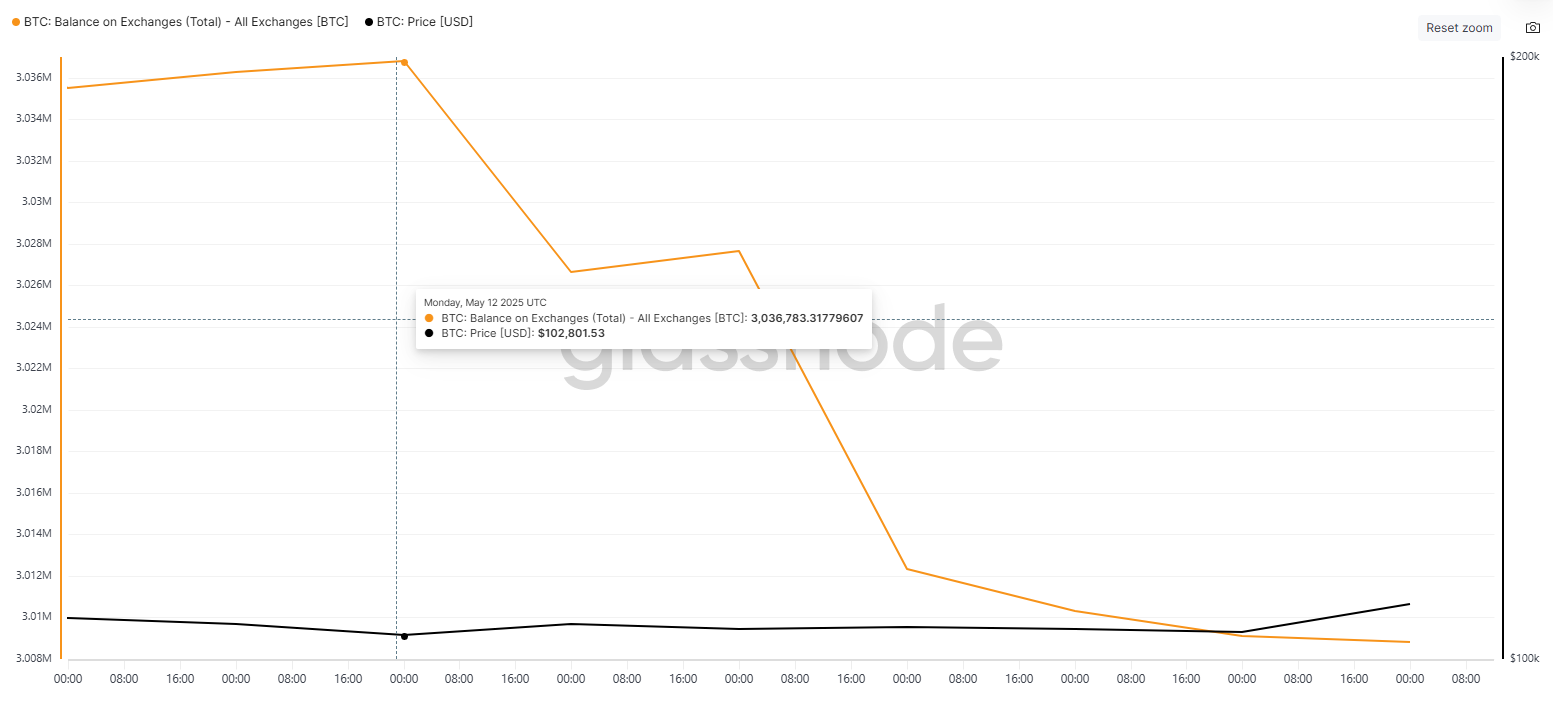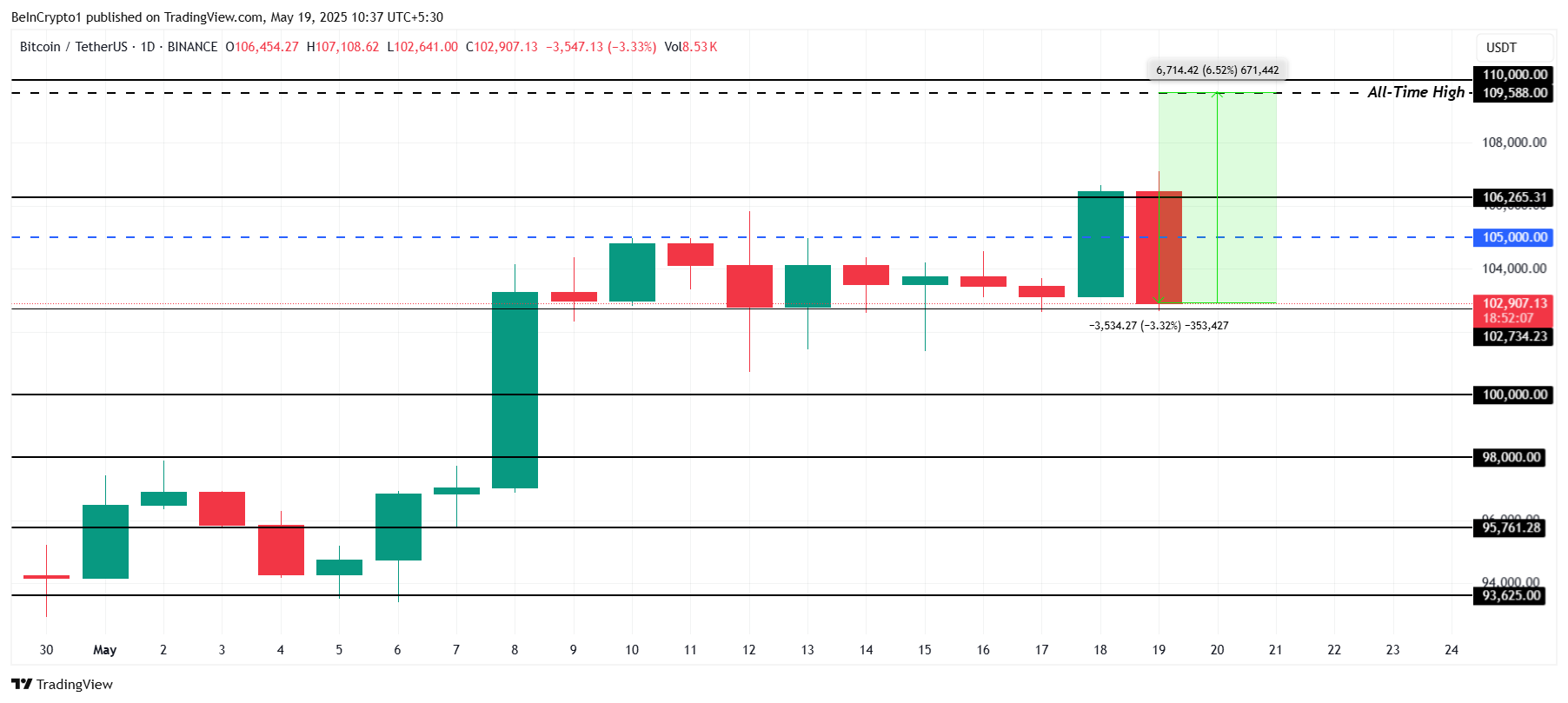As the 2024 U.S. presidential election approaches, the economic policies of candidates are under intense scrutiny. Vice President Kamala Harris’ controversial plan to tax unrealized gains has sparked heated debate, especially following a recent confirmation by her economic advisor on CNBC’s Squawk Box.
The Policy At The Center of Debate
Bharat Rama, Harris’ economic advisor, made waves when he confirmed that the Harris campaign is committed to implementing a tax on unrealized gains—a concept initially proposed by President Joe Biden. This tax would target individuals with at least $100 million in assets who are not paying at least 25% in taxes on their annual income. The revenue generated would purportedly be used to create new economic opportunities, according to Rama.
Opposition and Skepticism
During the interview, CNBC anchors Joe Kernan and Rebecca Quick expressed strong skepticism about the plan. Kernan went so far as to tell Rama that the tax is “probably unconstitutional” and that “it’s never gonna happen.” Quick also chimed in, stating that the proposed tax “doesn’t seem fair in any sense of the word.”
The conversation highlighted the sharp divide over the policy. Proponents argue that taxing unrealized gains could generate significant revenue from the nation’s wealthiest individuals, potentially reducing income inequality. Critics, however, argue that such a tax could discourage investment and innovation, with some questioning its constitutionality.
An Uphill Battle in Washington
Despite the Harris campaign’s commitment to the tax, the road ahead is fraught with challenges. Even if Harris wins the election in November, passing the tax through Capitol Hill will be an uphill battle. The policy is likely to face stiff opposition from both Republicans and moderate Democrats, who may view it as too radical or harmful to the economy.
The debate over taxing unrealized gains is emblematic of broader discussions about wealth inequality and economic policy in the United States. As the election nears, the Harris campaign will need to navigate these contentious issues carefully. The response from the public and lawmakers will likely shape the future of this and other similar proposals.
Also Read: 90% Faster And Cost-Effective – Sony’s Soneium Blockchain Set To Revolutionize Web3 Innovation
In the end, while Harris’ economic advisor has confirmed the campaign’s commitment to taxing unrealized gains, the policy’s future remains uncertain. The controversy surrounding it underscores the challenges of implementing sweeping economic reforms in a deeply divided political landscape. As November approaches, all eyes will be on how this and other key issues play out in the race for the White House.










